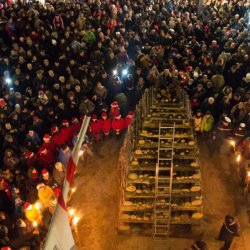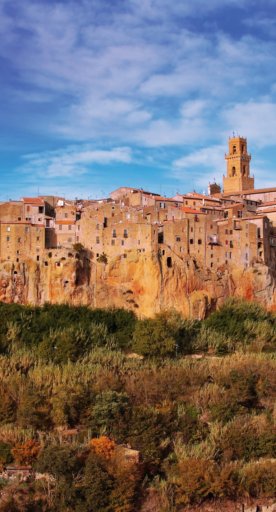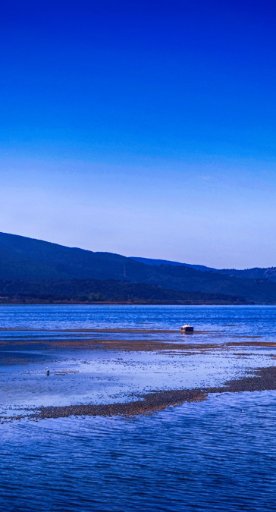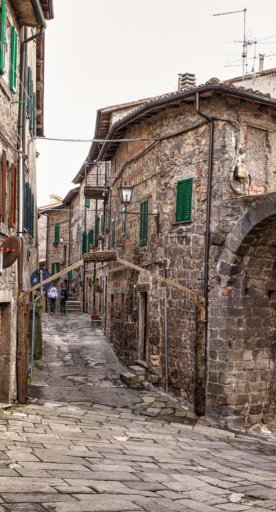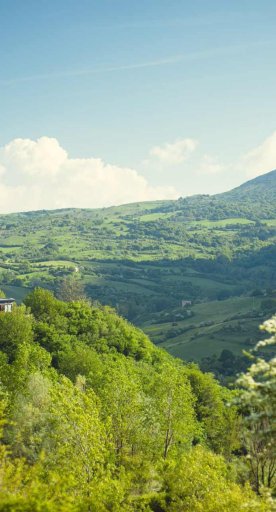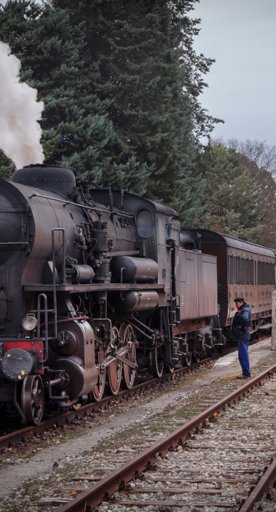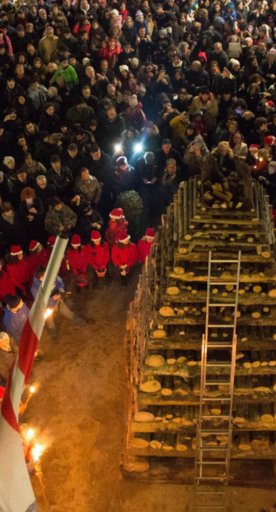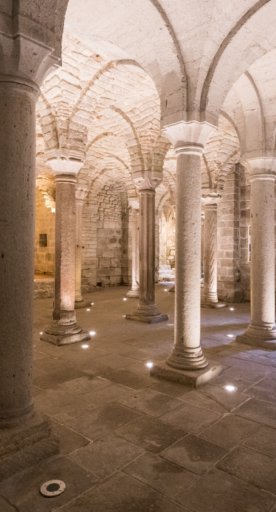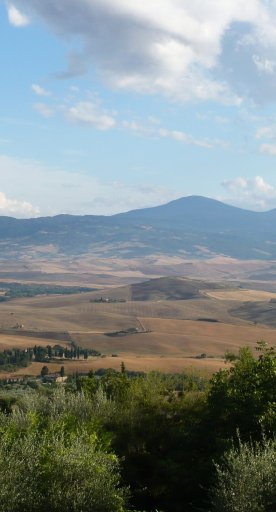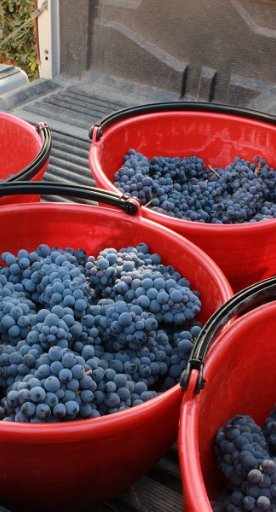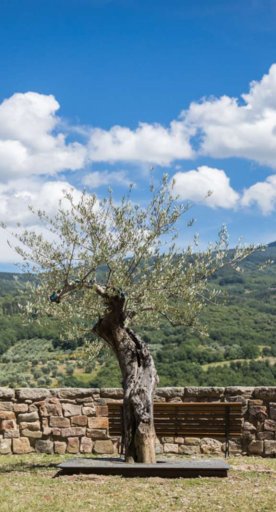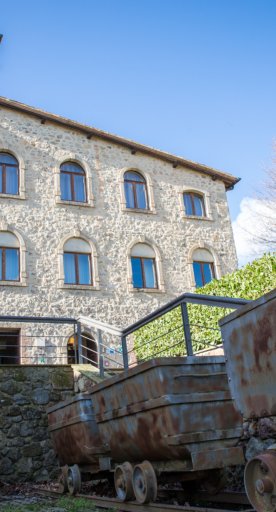On the hunt for chestnuts in Monte Amiata
What to do when summer ends
For many tourist destinations in Italy, the end of summer means the end of the tourist invasion. The beach resorts are closed and the gelato shops pack up their things for a well-earned break. But not in Southern Tuscany. Located at the very edge of the region, on the border with Lazio, the Maremma is a destination for four seasons. As the weather cools, attention turns away from the water’s edge and toward Monte Amiata with its smattering of modest, but beautifully understated mountain towns. For locals here, the end of the summer means the end of more than a few holiday romances.

Monte Amiata was once the summer vacation spot for Tuscany’s noblest families. Even now, hundreds of visitors spent the hottest part of the year enjoying the breeze and hiking itineraries of the hills. The phenomenon is so entrenched that Monte Amiata’s young men have coined their own autumn ditty along the lines of “l'estate sta finendo, le ragazze se ne van…” (summer is ending, the young women are leaving…). Without any beautiful foreign girls to distract them, these boys drown their broken hearts in thoughts of food and warm fires. Both of which just so happen to involve chestnuts.
Castel del Piano is the Maremma’s chestnut capital. The town’s offerings are so good they have the Catholic Church’s tick of approval as the first chestnuts harvested in the area were thought to have been grown by local monks. These days, the Tuscans who live in the mountain towns will tell you a meal without chestnuts isn’t worth eating. All through autumn and winter, you’ll be able to feast on chestnut polenta, jam, bread and honey. As delicious as these are, the true traditionalists prefer their chestnuts unadulterated - that is, slowly roasted over an open fire in what’s called a caldarroste. When the skins are blackened and split, they’re eaten with your hands and a glass or two of the sweet red wine of the new harvest.

You can easily find big baskets of chestnuts on sale in supermarkets and greengrocers all over Tuscany. All you have to do is pop them in your padella da castagne (a frying pan studded with holes) and enjoy. But one of the Maremma’s favourite autumn pastimes is chestnut hunting. It’s called hunting, not picking because the ripe chestnuts are gathered from the forest floor and not from the trees. Chestnuts grow abundantly in Monte Amiata’s forests. All you need are sturdy shoes, a bucket and some gloves to protect your hands from the chestnut’s spiky outer shell. As a guide, the most plentiful chestnut trees are in the forests outside Castel del Piano and the neighbouring towns of Arcidosso and Santa Fiora. You have free range to gather as many as you want and unlike mushrooms, you don’t have to worry about picking up anything poisonous. The top local tip is to go for the biggest chestnuts you can find. They’re much easier to peel and cut.
For the best chestnuts offerings that you don’t have to pick yourself, head to Monticello Amiata for the annual Festa della Castagna. A stone’s throw from Castel del Piano, this small town has the Amiata Mountain as its backdrop and the proud tradition of baking the best castagnaccio in the Maremma. Castagnaccio is a type of cake made from chestnut flour and flavoured generously with pine nuts and raisins. It’s the festival’s highlight, served with plenty of traditional music and a few hands of briscola, the quintessential Italian card game. There is no denying that summer in Tuscany is beautiful, but there is something to be said about the cooler seasons. They offer a rare glimpse into local life, the festivals they love and a dolce vita that has nothing to do with beaches, but everything to do with good food, enjoyed in sight of some of the most magnificent natural scenery in Italy.


